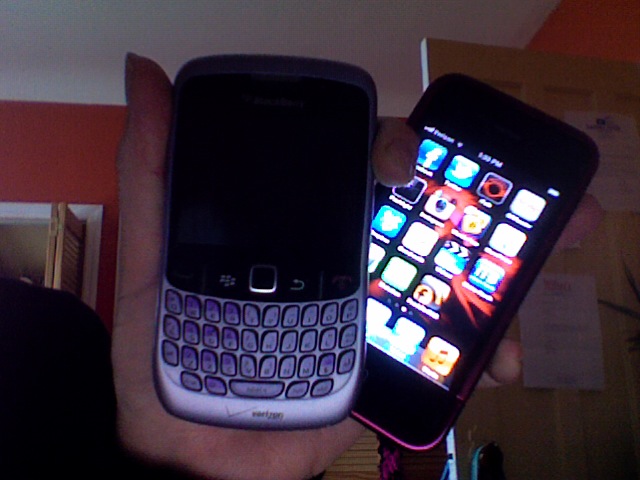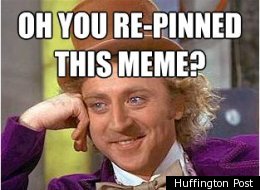I need some daydream time, or what Julia Cameron calls in The Artist’s Way an artist date, or what educators now call free play.
Whatever you call it, I need to get back into the mental state I used to occupy as a kid, back when my head was filled with aliens, pirates and pegasi, and I need to get back there pronto.
There aren’t enough unicorns in my life.
I’m writing the first draft of something, and I’m writing it on a deadline. The first 25 pages wrote themselves, but then – like Wile E. Coyote, stepping off a cliff and looking down – I started thinking.
I started worrying about my deadline. I started fretting about the plot. I started mapping out the intricacies of each character’s individual problems and backstories. I created a complex timeline.

In Hindu mythology, nothing would be created if Vishnu didn’t spend all his time dreaming. (“Shiva Dreaming,” shared courtesy of Alice Popkorn on Flickr.)
That’s when the writing began to be a problem.
Not only did the joy go out of the work, but the plot snarled up. The characters ceased to have direction. I couldn’t get into their heads. In desperation I showed what I had done to people and they asked me what happened to the good work I’d started in the first 25 pages. I didn’t have an answer for them at first.
But then I started thinking… I haven’t given myself the space to play. I haven’t allowed myself to sit back and daydream, and that’s the space in which I develop my best work.
Aliens are more interesting than triple-digit subtraction.
I think a lot of writers will sympathize with the following statement: I was at my most prolific when I was young.
As a kid I was an incorrigible daydreamer. I enraged my second grade teacher by staring out the window* during every math lesson. I didn’t sleep at night.** I tuned out for the tedium of school bus rides or disappointing recesses.***
At some point, someone gave me a Walkman, and then,from the time I was a pre-teen right into the first years of college, I spent a lot of time listening to mixtapes, making movies in my head, just imagining characters and adventures.
I wrote them down as an afterthought at first, but by the time I was 16, I had six novels, one screenplay, one collaborative piece and a sheaf of poetry in progress.
When I was in my early 20s, I didn’t have a car, so I spent a lot of time walking places or sitting on buses or trains or whatever, listening to a CD player, and imagining stories. And then I wrote them down. And that’s how Beware the Hawk started.
Pirates & spaceships are more interesting than that guy you hope will call you,
but in your 20s, you don’t always remember that.
Then I grew up. I got a car, I got a job that required a lot of time and mental energy, and I started dating. My imagination was directed at my love life.† My mental energy was directed at problem-solving. Anxiety took the place of daydreams.
It’s time to bring the daydreams back. I need them if I’m going to be able to work, and honestly, I prefer them to anxiety.
Show me the unicorns!
This is tough. Today I feel like I’m always with people who need me to have my ears open to them at all times, and with the Internet and smartphones, it’s hard not to be available to the world. And honestly, I feel a little guilty putting on a pair of headphones and tuning people out, like a teenager.
But some of my best work has come out of music, so I’ve put together a playlist for the piece I’m working on, written a page about why I chose the songs on the playlist, and told my husband that I’m going to need an hour each day to listen to it. I spend that hour doing yard work, because I thought, well, at least if I don’t get anything out of my daydream time, the lawn will look decent.
Sometimes it doesn’t work at all, because for it to work, I need to enjoy the process, and I’m often keenly aware that what I’m doing is playtime on a deadline.
That can be counter-productive, like trying to fall asleep when you know you have to be up early in the morning: if you worry too much about falling asleep, you can’t fall asleep because you’re not relaxed.
But for the most part, the playlist is working wonders.
For the first time in a while, some of my plot issues are being resolved, and new scenes – scenes of which I’m proud – are being written. I feel like the characters, allowed to roam freely through my head, are growing again. The story is much more sound than it was before.
I’m convinced that when I present this story to my editor, it will be a better story than the one I would have written without this daydream time.
There have been some unintended side benefits of daydreaming as well: I’m calmer and happier, and the yard looks great. Also, although I’m not writing about them, sometimes my head is filled with aliens, pirates and pegasi. It’s nice to know that they’re still in there.
*and imagining that aliens were about to invade the school. Only I could save us!
** because I was telling myself stories about the wall next to my bed opening up so that I could enter a world in which I rode a unicorn through outer space.
***by imagining that spies were hiding in the nearby shrubbery.
† Should have stuck with aliens.



